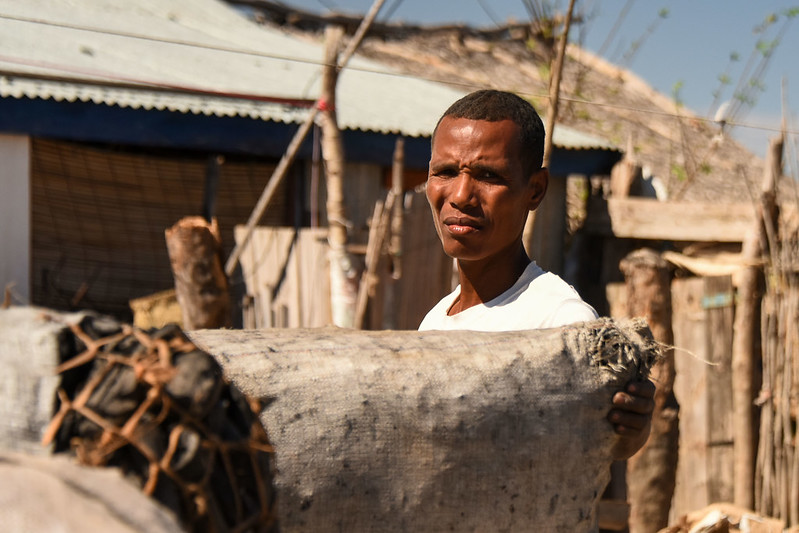Digital Innovation Empowering Rural Entrepreneurs
 In the face of rapid digital advancement, innovative solutions are emerging as powerful tools for alleviating poverty worldwide. The development sector is increasingly utilizing digital innovation to support rural entrepreneurs, thereby forging a path toward sustainable poverty reduction through technology. This article examines the transformative impact of online commerce and direct cash transfers by organizations like GiveDirectly and GiveWell on empowering rural entrepreneurs and sparking economic development in underserved areas.
In the face of rapid digital advancement, innovative solutions are emerging as powerful tools for alleviating poverty worldwide. The development sector is increasingly utilizing digital innovation to support rural entrepreneurs, thereby forging a path toward sustainable poverty reduction through technology. This article examines the transformative impact of online commerce and direct cash transfers by organizations like GiveDirectly and GiveWell on empowering rural entrepreneurs and sparking economic development in underserved areas.
The Power of Direct Cash Transfer
As technological advancements gain popularity in urban settings, rural communities are not left behind, due to aid from organizations like GiveDirectly. This organization equips people in rural areas with phones, enabling contributors to send funds directly to those in greatest need. GiveWell and GiveDirectly have demonstrated the success and sustainability of grants over loans in reducing poverty, through tracking and analyzing cash transfers. These grants, with few or no strings attached, have not only shown a proven track record of success but also represent the most ethical giving method, granting recipients complete control over their paths out of poverty.
Microloans vs. Unconditional Wealth Transfer
Assuming impoverished people cannot manage their finances overlooks the structural and systemic nature of poverty. This perspective has fueled the popularity of microloans as a poverty reduction strategy. When donating to an organization, contributions often cover staff salaries, outreach costs and more, stretching funds to support not only the target populations but also the organization’s sustainability. Meanwhile, loans risk entrenching people in a cycle of poverty, with the burden of repayment potentially falling on their children if the parents fail to pay off the debt.
For this reason, GiveWell has invested in the analysis of GiveDirectly, a study that compares microloans to unconditional cash transfers. According to GiveWell, “It requires far more overhead to run a microlending operation than to run a cash transfer operation.” Additionally, many microloan agencies operate as for-profit businesses rather than humanitarian nonprofits like GiveDirectly. This distinction often means there’s less incentive for them to avoid indebting the people they aim to assist
The Case for Direct Cash Transfers
Organizations have rigorously studied cash transfers, finding strong evidence they reduce monetary poverty. A 2016 report from the Department for International Development highlights cash transfers as among the most thoroughly researched development interventions. However, only 2% of major government funding goes toward direct cash transfers.
Global Market Access for Rural Artisans
Technological innovation, particularly online marketplaces, is advancing global development by opening access to the global market. People in low-income, rural areas often create sought-after artisanal products, but traditionally they could sell them only to tourists at local prices. For-profit and nonprofit companies are emerging to offer entrepreneurs technology access and digital business strategies. These initiatives empower rural women’s groups to develop websites or use existing platforms to sell their products at fair prices, reflecting the hours of labor invested in their creation. Digital platforms connect rural producers directly with consumers and markets, eliminating intermediaries and ensuring fair prices for their products. The ongoing trends show that collaborating through websites fosters community-led development.
The Future of Technology in Development
Digital innovation and solutions, such as direct cash transfers and global market access, are reshaping the landscape of poverty alleviation, empowering rural entrepreneurs to take charge of their economic futures. These advancements promise a sustainable pathway out of poverty, leveraging technology to bridge gaps and foster inclusive growth.
– Kiera Gorman
Kiera is based in Santa Cruz, CA, USA and focuses on Technology and Solutions for The Borgen Project.
Photo: Flickr
